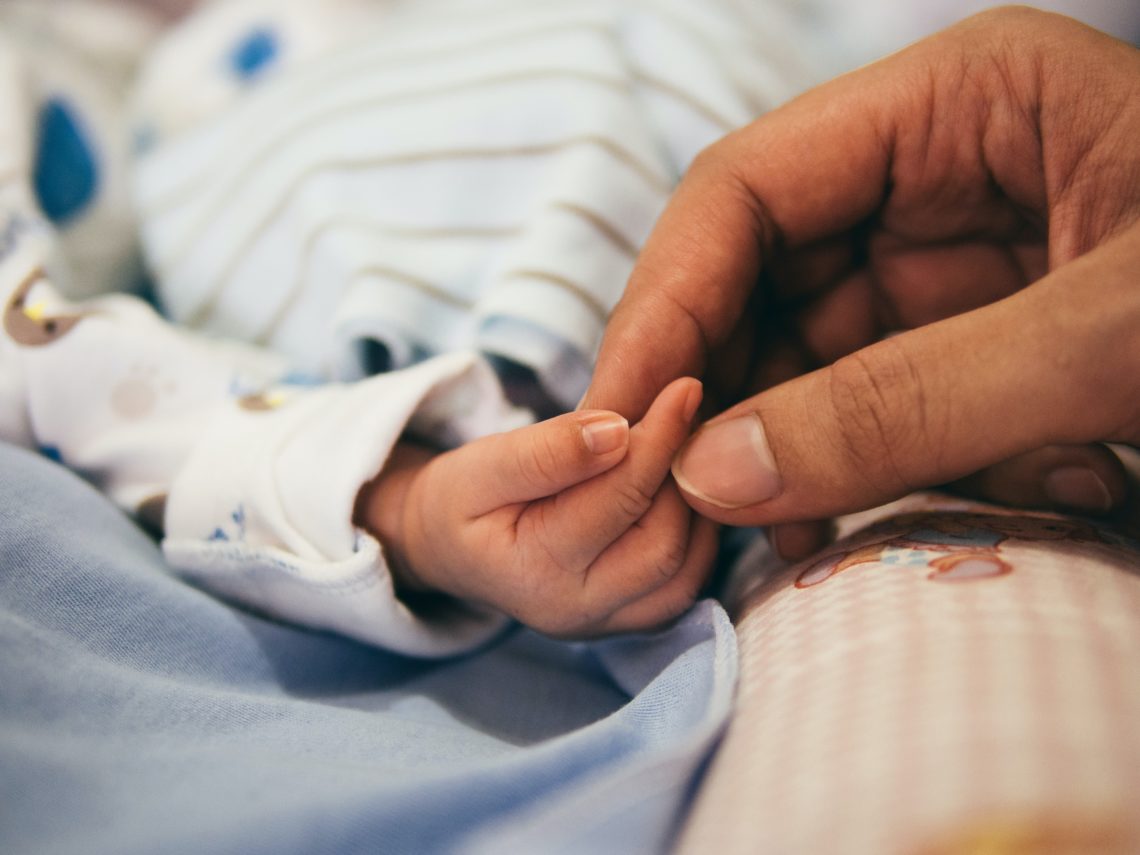
How to support disadvantaged mums and families this Mother’s Day
As Mother’s Day approaches, lots of us will be thinking of ways to connect with our mums and show them how much we love and appreciate them. We might not be able to see them in person this year, but we’ll still want to show them just how much we care.
Whilst caring for our own mums is vital, it’s also important to think about supporting women and families who are in a less privileged position.
The pandemic has exacerbated pre-existing problems including financial instability, job insecurity, and food poverty. So here are a few things you can do to support disadvantaged mothers and families this Mother’s Day.
1. Donate food or time to your local food bank
Food banks depend on donations to feed the families that depend on them. Over 90% of the food distributed by the Trussell Trust’s foodbank network is donated. To donate food to your local food bank you can drop food at the site directly. Or, if more convenient, you can make a donation at a local supermarket collection point. Food banks will take both essential and non-essential items, but will often provide guidance online as to what they’re in most need of. Research your local food bank before donating to ensure the items you give are as helpful as possible.
There are also opportunities to volunteer at food banks. You can usually find current opportunities in your area by searching online. Alternatively, you can contact your local food bank directly and find out more about how you can help.
2. Donate essential supplies to new mothers
It’s a sad reality that many new mothers are unable to afford the basic equipment necessary to look after their newborns. The good news is, brilliant charities such as Baby Basics have been set up with sites across the UK to offer practical support to new mothers in need.
Much like food banks, Baby Basics relies on donations. Particularly useful are donations of items such as maternity pads, baby soap, newborn nappies, baby wipes, baby clothes, pushchairs and toys. Before donating, head to Baby Basic’s website to find out what items are most in demand.
3. Mentor a child who is facing adversity
Family Action runs a service called Friendship Works which supports children in London aged 5 to 18 who have been through difficult or traumatic childhood experiences. They may have grown up in a family impacted by domestic violence. They might be young carers, who help look after someone in their family who is ill, disabled or misuses drugs or alcohol. They may have additional needs that mean they struggle to make friends. They are usually from families who are living in, or on the brink of, poverty.
You can volunteer as a mentor with Family Action and take one of these young people out for a few hours each week, so they get time to just be a child. As a mentor, you will be asked to give a few hours of your time most weekends, to bring fun and friendship into the life of a child who is feeling lonely and isolated. To find out more about how you can volunteer visit Family Action’s website.
4. Help to support struggling single parents
Parenting and raising a family is hard work. It can be particularly difficult as a single parent, in a world that often judges you with prejudice and stigma. Gingerbread is a fantastic charity which provides support for single parent families. They provide information to help single parents support themselves and their family; and campaign and influence policy to reduce the stigma against single parents.
You can support Gingerbread and the families they help by donating, fundraising, or volunteering your time – on your own, with colleagues, or with friends and family. For more information on how you can help, visit Gingerbread’s website.
5. Support new mums’ mental health
Perinatal mental health conditions – including both pre and postnatal depression – are estimated to affect 1 in 5 women in the UK. Perinatal mental health conditions vary in severity, but can be debilitating for both the women who suffer and their families.
Charities including PANDAS and Family Action offer perinatal support services to help women and their families when they’re struggling with their perinatal mental health. Family Action’s services are early intervention, low intensity services for those with low to moderate level diagnosed mental health issues. PANDAS runs a helpline and a number of support groups across the UK to support women who are struggling with their perinatal mental health.
Both charities rely on fundraising and volunteers to offer these essential support services to new and expectant mothers. Visit their websites to find out more about how you can help through fundraising, donating, volunteering or raising awareness.
6. Volunteer to support struggling families by being at the end of the phone
If there’s one thing the pandemic has helped us appreciate, it’s that being isolated from friends and family can be an incredibly lonely experience. Lots of us have kept in touch with loved ones over the last year using the phone. Telephones provide lifelines and vital moments of connection. You could volunteer with Family Action’s FamilyLine to hand that same lifeline to somebody who needs to hear a voice of support.
Being part of a family can often be difficult without emotional support and guidance. Many people feel confused by what information is available to help them; or struggle to access services close to home. FamilyLine is the first point of contact for people accessing Family Action’s services and volunteering to be at the end of the phone is a brilliant way to support the charity and the families who depend on its services. Find out more about how you can help on Family Action’s website.
7. Help low-income women find jobs and gain financial independence
The power of work and financial independence cannot be overestimated. It can help people provide for themselves and their families, and gives people an essential sense of confidence, purpose and direction.
Smart Works is a fantastic charity which provides both interview training and clothing to help low-income women in the UK get jobs and gain financial independence. By harnessing the power of clothes and coaching, the charity aims to build confidence for job success, so women across the UK can be empowered through work. To support the charity and the women it helps, you can either donate money or clothing to the organisation’s seven locations across the UK. Visit Smart Works’ website to find out more.
8. Support our campaign to reclaim ‘mumpaid labour’
Mother’s Day is almost here and Britain’s mums have gone above and beyond this year. From the pressures of lockdowns and financial anxieties, to the unpaid responsibilities of housework and home-schooling, parents have had a lot to contend with in order to support their families.
Ahead of Mother’s Day, Red Letter Days are working with Family Action to shine a spotlight on this ‘mumpaid labour’, thanking mums for all their hard work and encouraging loved ones to show their appreciation.
To raise awareness, Red Letter Days and Family Action are calling on the nation to help them claim back 100,000 hours of Mumpaid Labour for the nation’s hard-working mums, parents and carers before Mother’s Day on Sunday 14th March. The aim of the campaign is to support maternal mental health and encourage parents to take some time for themselves this Spring.
To take part and support a mother figure in your life, pledge your time via Red Letter Days’ online counter. You can commit what time you can to help rebalance the load in your home or community. Or, if you’re a Mum, you can pledge to take time back for yourself.




